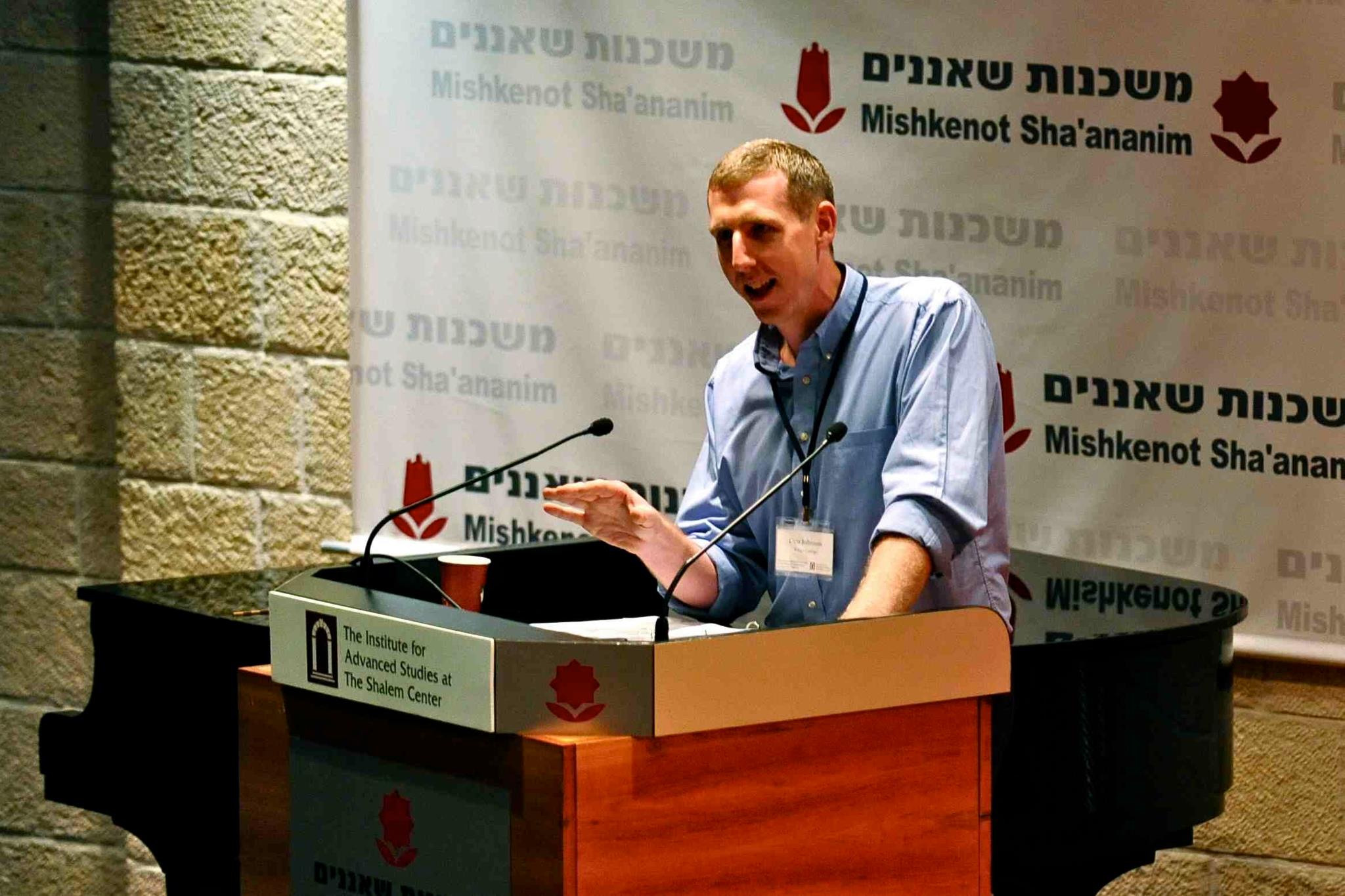Knowing the Biblical Way
Dr. Johnson recently celebrated a milestone in his work towards a biblical epistemology with the release of his book on what biblical 'knowing' looks like, and King’s asked him some questions about the book.

Dr. Johnson’s approach to the study of knowledge in his book Biblical Knowing: A Scriptural Epistemology of Error.
Dr. Andrew (Dru) Johnson has been Assistant Professor of Biblical Studies at King’s since 2011. The journey that led Dr. Johnson to teach Biblical philosophy is an interesting one: he served in the U.S. Air Force in his early 20s, received his undergraduate degree, and went on to teach philosophy courses at the University of Missouri St. Louis. He also served as an associate pastor at GracePoint of Webster in St. Louis, along with teaching epistemology at Covenant Theological Seminary.
While Dr. Johnson was teaching his epistemology class at Covenant, one of his mentors sat in on the class and challenged the Biblical orthodoxy of his epistemology because—as Johnson puts it—his claim was “mostly based on intuition” rather than demonstrating “how this view was biblical from Scripture itself.” Dru’s challenge was set: write his Ph.D. thesis about Biblical Epistemology while proving his claims solely with scripture.
Dr. Johnson recently celebrated a milestone in his work towards a biblical epistemology with the release of Biblical Knowing: A Scriptural Epistemology of Error, and King’s asked him some questions about the book.
What is “knowing,” and what is “biblical knowing”?
Knowing is a process cultivated in us by participation in acts which are guided by authorities. Knowing cannot be reduced to facts about the world; it happens in communities who foster the practices of good knowing which seeks to avoid error. This includes everything from discerning how statements like “The sky is blue” can be true, to knowing what good parenting feels like to knowing that there is a malignant tumor on an X-ray film. These are not facts, free floating data out there in the world, but skills honed through the embodied practices that our coaches, professors, and parents prescribe for us.
The Bible begins human history with knowledge (of good and evil), speaks constantly about Israel’s wise understanding, and imagines the final new heavens and earth as a place of knowledge.
To know properly, we must identify the proper guides who can lead us to the skill of knowing. For pilots, this means listening to the coaching of licensed pilots. For Christians, this means embodying the practices of church taught to us through the accredited prophets of Israel (i.e., Moses, Jesus, and Paul, but not Joseph Smith)
What did you hope to accomplish in writing Biblical Knowing: A Scriptural Epistemology of Error?

In the end, I decided that the contemporary views of knowledge largely ignored what the Scriptures seemed to advocate as central to humans knowing well. For this reason alone, I advocate that Christian philosophers and theologians think about appropriating a different model that prioritizes the use of authoritative guidance—the kind given by Scripture, community, and the Holy Spirit—and embodied practice as the tenets of proper knowing.




